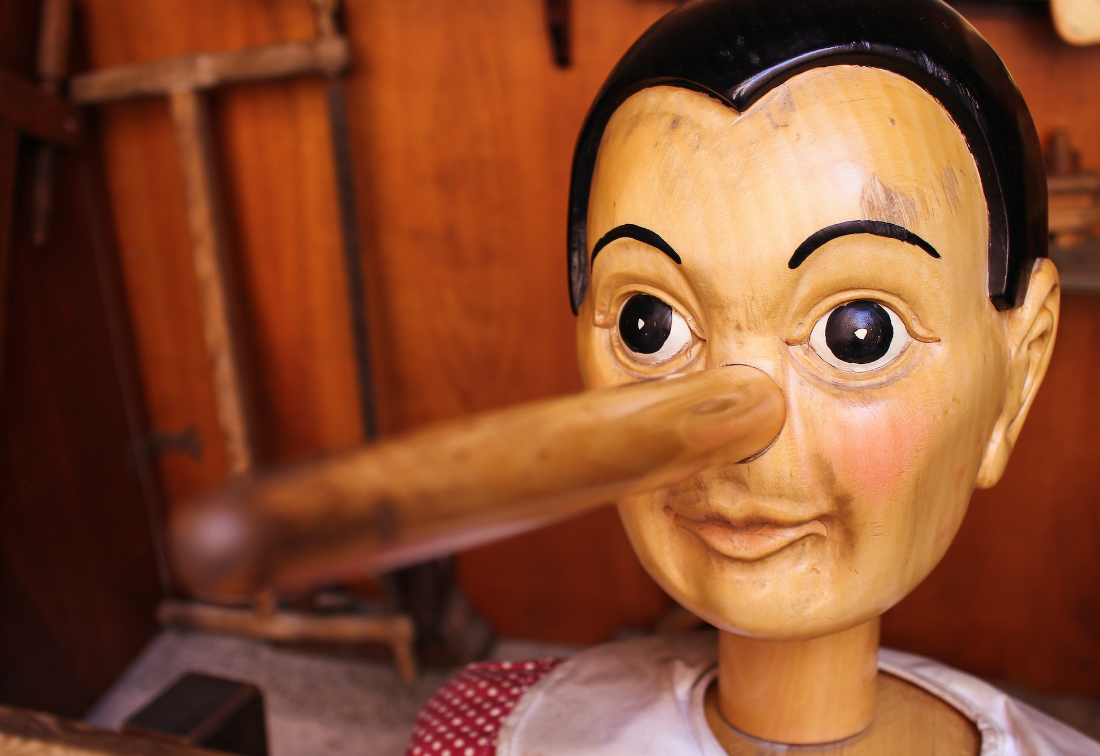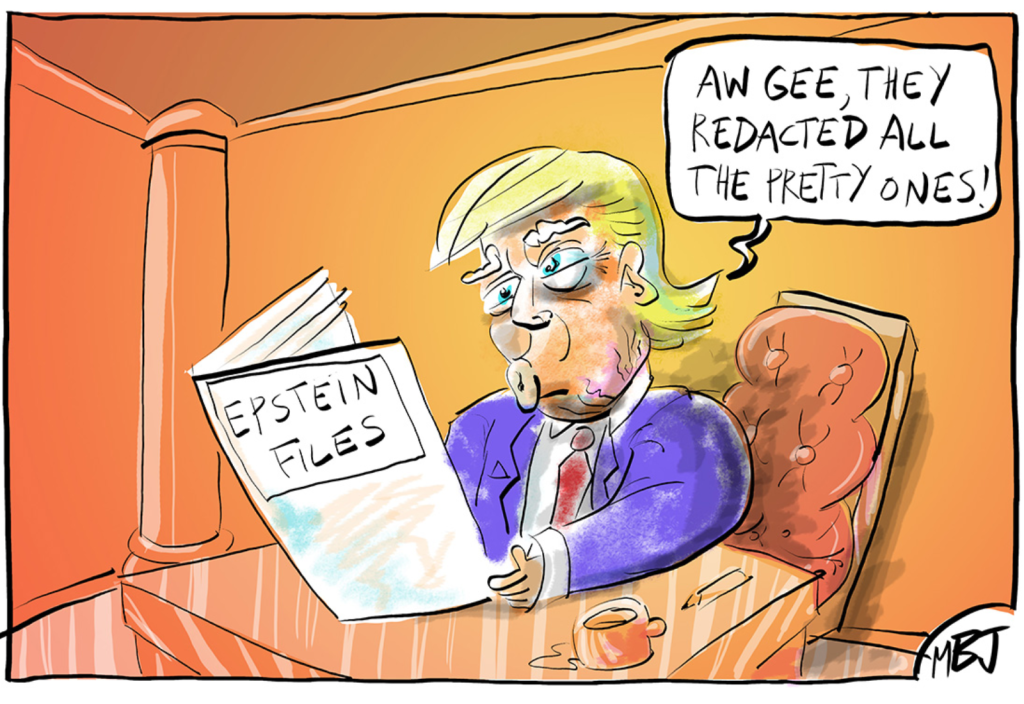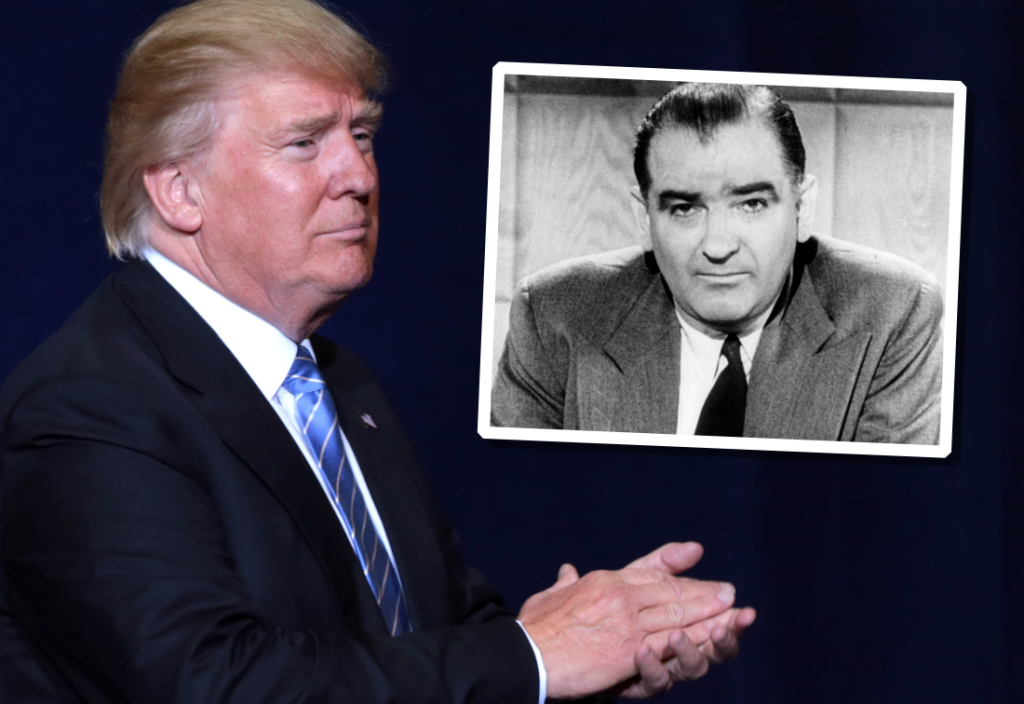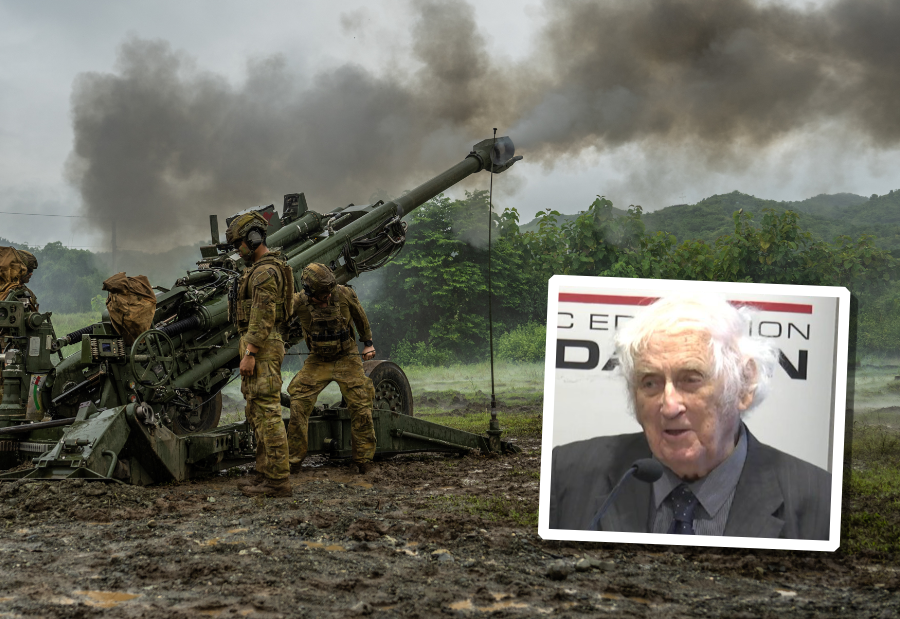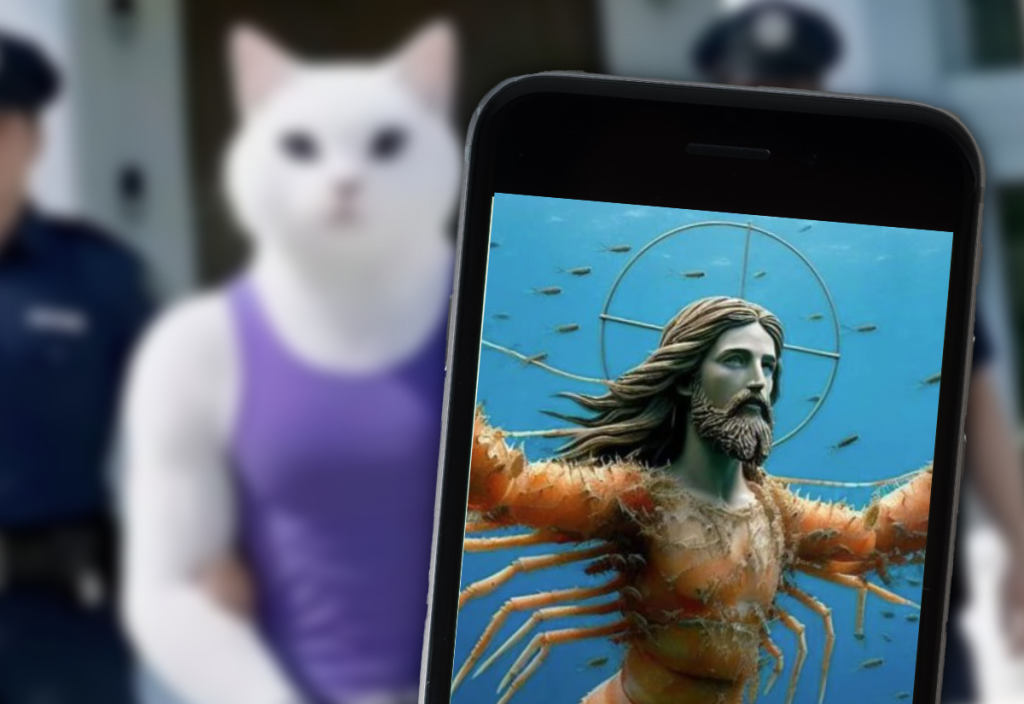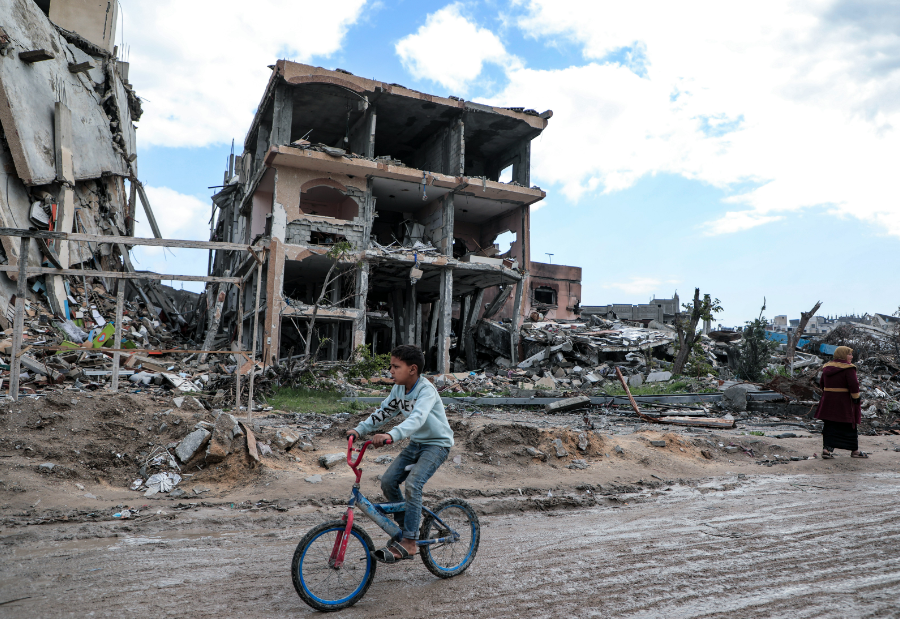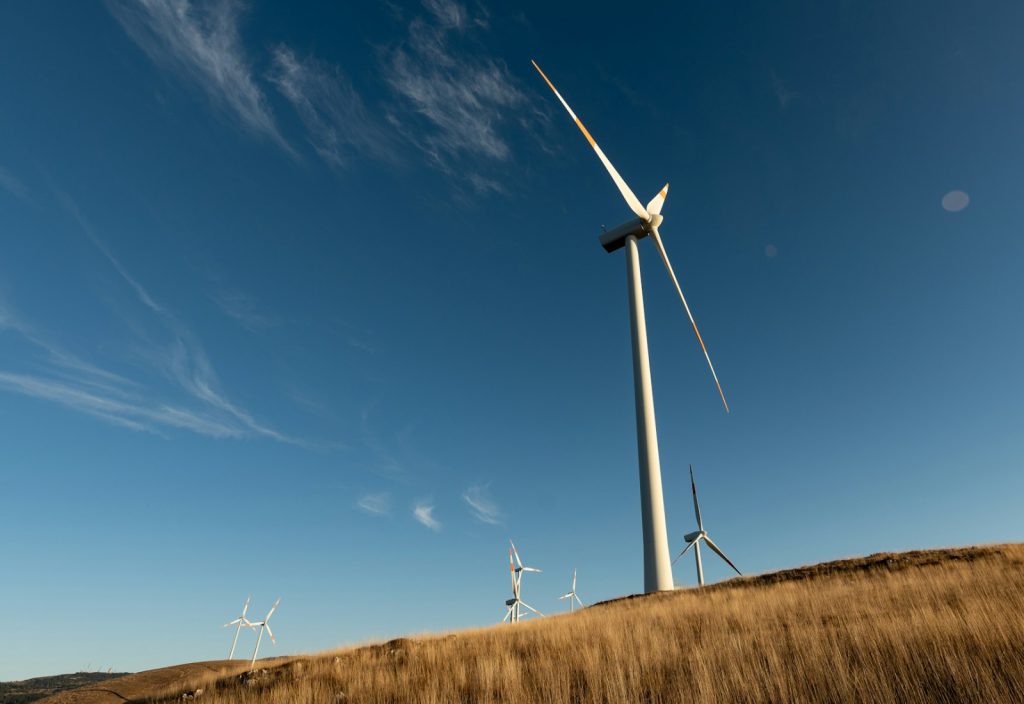The world watches horrified as bombs and rockets kill thousands and reduce Ukraine and Gaza to smoking rubble. Australians agonise over the crushing defeat of the Voice referendum and fret about Chinese interference in their internal and regional security.
The first casualty of these events abroad and at home is the truth about what’s really happening. Lies, deception, falsehoods and misinformation are the weapons of choice for thugs who seek to justify and gain support for bloody and outrageous behaviour.
This is hardly news. Every day we face a tsunami of lies, distortions, half-truths and misinformation from government leaders, advertisers, media organisations, advocates, spin doctors, promoters, boosters, influencers, social media sites and bullshit artists who craft self-serving messages for politicians, businessmen and sleazy salesmen who clamour for attention in the public space.
But it’s just free speech isn’t it?
Nations and their leaders lie legally and regularly. They mislead, deceive and confuse to minimise criticism of their often violent bastardry. Individuals and corporations use similar strategies to promote themselves and their services and products in competitive markets. We regulate and criminalise outrageous lies and hate speech, but we are extraordinarily protective and tolerant of ‘free speech’ even when it is false speech.
Little attention is paid to the massive and growing global retreat from truth in international and domestic politics and business. Professors and pundits are interested mainly in strategic and political outcomes and rarely call out political lies and evasions. Corporate liars think only about profit and shareholder value.
This is hardly surprising. Whether to tell the truth or to lie in public or private life is essentially a moral question — a question about how we ought to live. It is a hard and contested question often dismissed by liars who loftily quote Pilate’s question to Christ: “What is truth?” It is a fair question and any answer involves complex notions of correspondence between words and facts.
Some great thinkers like Kant simply declared any lie absolutely morally wrong – “the obliteration of one’s dignity as a human being”. The more pragmatic utilitarians and others more concerned with the consequences of actions pushed back against Kant’s rigidity by pointing to cases where lies might well prevent needless pain and suffering.
In 1979, a deeply penetrating moral examination of lying appeared in print. The distinguished Swedish-American ethicist Sissela Bok published Lying: Moral Choice in Public and Private Life, arguing that a society “whose members were unable to distinguish truthful messages from deceptive ones would collapse”.
Bok argued for what she called the “principle of veracity”:
“ … trust in some degree of veracity functions as a foundation of relations among human beings; when this trust shatters or wears away, institutions collapse”.
Looking at the United States since the emergence of Donald Trump, Bok’s 45-year-old work seems remarkably prescient. According to the Washington Post fact checker, Trump made 30,573 false or misleading statements when he was in office from 2017 to 2021. When defeated, he claimed falsely that he had been the victim of election fraud and that the election had been stolen.
His repeated lies culminated in the storming of the US Capitol in January 2021 – an event which looked disturbingly like a collapsing political system.
Even now, the system seems dysfunctional in its failure to elect a House Speaker for some three weeks.
Russia’s Vladimir Putin fares no better. He has told bare-faced lies about his invasion of Ukraine. He claimed that Russia did not attack civilian infrastructure while he was bombing hospitals, schools and apartment blocks. Presumably drawing on his Soviet heritage, Putin falsely claimed there was no Ukrainian nationhood and that Nazis ruled the country.
Lies, deception, falsehoods and misinformation are the weapons of choice for thugs who seek to justify and gain support for bloody and outrageous behaviour.
Both sides seem to have lied about the numbers of soldiers killed and the amount of weapons lost or destroyed.
The war between Israel and the Hamas terrorists in Gaza has seen shameless lies from both sides. None perhaps has been more egregious than the initial claim by both sides that the other was responsible for the attack on a major hospital where many children were killed. Despite later evidence that a misfired Hamas rocket was responsible, Al Jazeera TV has continued to blame an Israeli bomb.
There are no clean hands; both sides have lied routinely since the initial Hamas slaughter of innocent Israelis. Now innocent Gazans are being slaughtered.
Australia’s fraught relationship with China has produced flagrant lies from Beijing that are now being called out by Australia’s normally secretive security intelligence organisation. China has falsely claimed that it does not interfere in the internal affairs of Australia or other countries and that it does not actively seek to steal intellectual property.
A rare public meeting of Western intelligence chiefs at Stanford University recently answered China’s lies. Australia’s Mike Burgess said that the Chinese government was engaged in the most “sustained, scaled and sophisticated theft of intellectual property and expertise in human history”. So much for China’s relationship to truth.
Even the domestic issue of the Voice referendum brought out liars on both sides of the argument. ‘Yes’ advocates suggested, with little evidence, that the Voice would be an impotent advisory committee. ‘No’ advocates included absurd claims that non-Indigenous Australians would risk the loss of their homes and a divided nation if the ‘Yes’ case won. The ‘No’ liars won the referendum in a walk.
It is time we again considered Bok’s argument. “Only where a lie is a last resort can one even begin to consider whether or not it is morally justified,” she wrote, adding that “truthful statements are preferable to lies in the absence of special considerations”. We could, of course, argue all day about what might constitute ‘special considerations’.
But perhaps her most telling observation is that liars:
“…often fail to consider the many ways in which deception can spread and give rise to practices very damaging to human communities. The veneer of social trust is often thin. As lies spread…trust is damaged… When it is damaged the community as a whole suffers; and when it is destroyed, societies falter and collapse.”
Bok rejects the Platonic notion of the political ‘noble lie’ told to advance some public good or national interest. She argues that they “form the most dangerous body of deceit of all”.
It is a powerful and timely insight given the role played by lies and propaganda in every global and domestic political crisis of the 20th and 21st centuries.
Bok notes that political lies:
“…cannot be trivial when they affect so many people and when they are so peculiarly likely to be imitated, used to retaliate, and spread from a few to many.”
Some lies, she concluded, may be more excusable than others, but only those that can be openly debated and consented to in advance are justifiable in a democracy.
That may be a tall order, but necessary to check the tidal wave of political lies that deceive so many.
Even before the election of President Trump, American sociologists had observed what they called the ‘Illusory Truth Effect’. It is the tendency of some citizens to believe false information to be true if it is repeated often enough.
Large numbers of supporters continue to believe – or just don’t care about – Trump’s repeated lies. It is an Orwellian concept well understood by Hitler’s Dr Goebbels.
A similarly sinister notion is the idea of ‘alternative facts’ that shaped Trump administration policy from the earliest days of press secretary Sean Spicer and counsellor Kellyanne Conway. It was challenged by American journalists and academics who pointed out that the synonym for ‘alternative facts’ was ‘lies’, but the White House defended the deception.
Perhaps the most brazen admission was made by White House strategist Steve Bannon who summed up Trump’s strategy in these words: “The real opposition is the media. And the way to deal with them is to flood the zone with shit”. In other words, tell so many lies and make so many misleading statements that the media – and the public – will not have the time or the resources to check and challenge the President’s lies.
These pernicious notions increasingly infect global and local, public and private, attitudes to truth-telling. And as Bok and current events demonstrate, public and private order often seems to be on a destructive path towards irreversible collapse.
If you wish to republish this original article, please attribute to Rationale. Click here to find out more about republishing under Creative Commons.
Photo by Jametlene Reskp on Unsplash.

